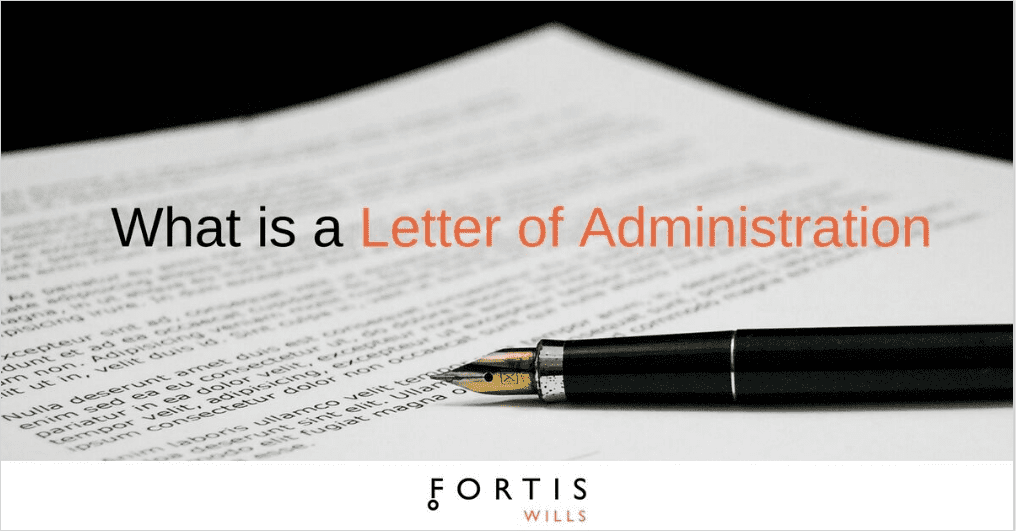[:en]When a person passes away, his or her property will be handled by their personal representative. If the person had made a valid will beforehand, his or her property will be handled by the executor named in the will.
There are situations where a person passes away intestate (i.e. without a will). In such a case, a letter of administration needs to be applied.
A letter of administration is a court order that authorises a person (normally the next-of-kin) to be appointed as an administrator to manage the distribution of the deceased’s estate. The court appointed administrator should take guidance from the Intestate Succession Act and the Probate and Administration Act in discharging his or her responsibilities.
Who can be appointed an administrator?
In the absence of a will, the Singapore law empowers the court to appoint anyone (normally the next-of-kin) to be an administrator. All personal representatives have to be age of 21 and above. The court can grant a letter of administration to any member of the seven classes of beneficiaries as stipulated under the Intestate Succession Act.
Below are the seven classes of beneficiaries set out, in descending order or priority, under the Intestate Succession Act.
- The spouse
- The children of the deceased
- The parents of the deceased
- Siblings
- Nephews and nieces
- Grandparents
- Aunts and uncles
Where one or more beneficiaries of the property are below 21 years, the law requires that at least two administrators or a trust corporation be appointed.
In Singapore, the law does not allow infants and bankrupts to be appointed as administrators. If an infant is entitled to grant, the grant will be made to their guardian. Where the infant appointed has attained the age of 16 years, he or she may nominate the next of kin to whom the letters of administration will be made.
It is also advisable that you apply for the letters of administration as soon as possible especially where the estate includes property with fluctuating or wasting value. Examples of such properties are real estate, shares and cars.
Renouncing the right to be an administrator
If for some reason, a party with priority in law to be an administrator of the estate is not willing to apply for the letter of administration, he or she can renounce the right to do so. Please consult with a lawyer on the renunciation process.
[:]



